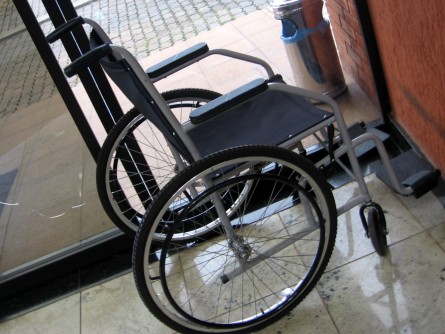Last week, New York Post columnist Bob McManus explained the dilemma facing New York Education Commissioner John King:
By law, he has until Saturday to promulgate regulations for “evaluating” the classroom fitness of the city’s 75,000-plus teachers — that is, to impose a template for accountability that has eluded genuine reformers for years.
Tugging at King from one side is the knowledge that if he fails, millions of children will, over time, pay the price. Does his conscience nag?
Tearing fiercely at him from the other direction are the forces vested in the status quo — which, again, cares nothing for the children. Nothing at all.
McManus explained that if the teachers union threatens a lawsuit then King has done the right thing. Well it hasn't and King hasn't. The template itself doesn't sound terrible, though it is certainly far too heavy on subjective measures. Only about 20-25 percent of the evaluation will be based on state-approved measures of student performance, that is, on test scores. Another 15-20 percent will be on measures developed by individual schools and the last 55-60 percent will be on in-class observations or observations based on videos taken in class.
But let's say that those evaluations are actually rigorous and that they show a teacher has fallen into the "ineffective" category. What then? Well, let's let UFT president Michael Mulgrew explain:
New York City teachers will now have additional protections and opportunities to play a larger role in the development of the measures used to rate them. . . . There will now be additional arbitration slots that will allow teachers to challenge any violations by supervisors of the new evaluation process before they reach the stage of actual ratings.
In other words, you can put in any evaluation system you want but the teachers' union will make it very difficult to implement. (Rubber rooms, anyone?) This is the way that the union can claim to support the assessment while in reality they will start making things impossible even before teachers are actually rated.
Things do not look good for improving public education in New York City. And Mulgrew is very excited for the future. He told the New York Times that he is “looking forward to a mayor who doesn’t start with: ‘How do we get rid of bad teachers?’ ”
As New Yorkers will soon find out, there are worse places to start.






